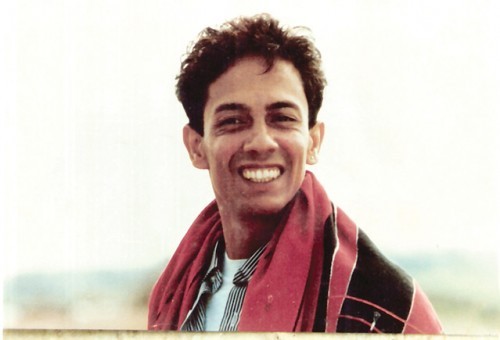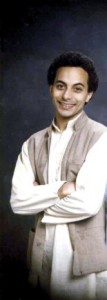

Tandavan was my first boyfriend. Until we began to live together, I had feared that gay men and women everywhere were doomed to living lives without lasting romantic love. Societies, it seemed, permitted only heterosexuals to have fulfilling, steady relationships; and they were, for the most part, bitterly opposed to our partaking of this basic human joy.
Tandavan, a Bharatanatyam dancer with a gift for making everything sensually intense, had brought colour, music and hope into my life. Our one-bedroom apartment was always full of friends: Indian, French, and of innumerable other nationalities, crowding around for impromptu dinners. Yet, despite the unexpected joys of living together, there was no escaping the chronic sense of fear that came with being gay in the India of that era. By being together constantly—in our car, on the verandah of our flat, walking and biking together, going shopping—we drew the attention of some of our neighbours, as well as of the domestic help and private guards in the area. From their comments and stares, I realised that Tandavan and I were the subject of a lot of discussion, some of it patently suspicious and unfriendly.
For more, read here: https://caravanmagazine.in/reportage/indefinite-sentence-homophobia-aids-panic-1980
This post was originally published in The Caravan and adapted from the author Siddharth Dube’s No One Else: A Personal History of Outlawed Love and Sex, published by HarperCollins India.